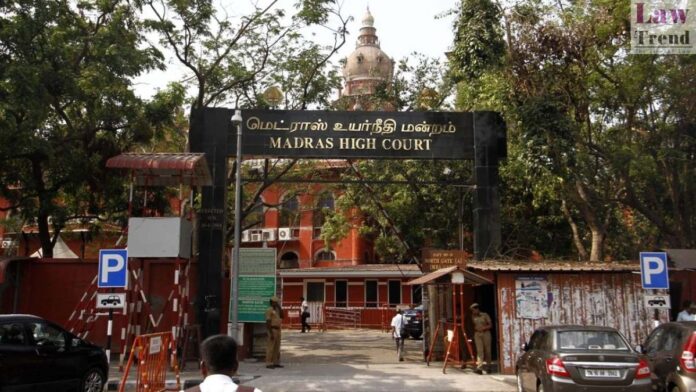In a landmark judgment on Friday, the Madras High Court has declared Section 77-A of the Registration Act, 1908, unconstitutional. The contentious section, introduced through a 2022 State amendment, granted District Registrars extensive quasi-judicial powers to cancel property documents registered under fraudulent circumstances or with forged documents. Justices S.S. Sundar and N. Senthilkumar presided over




